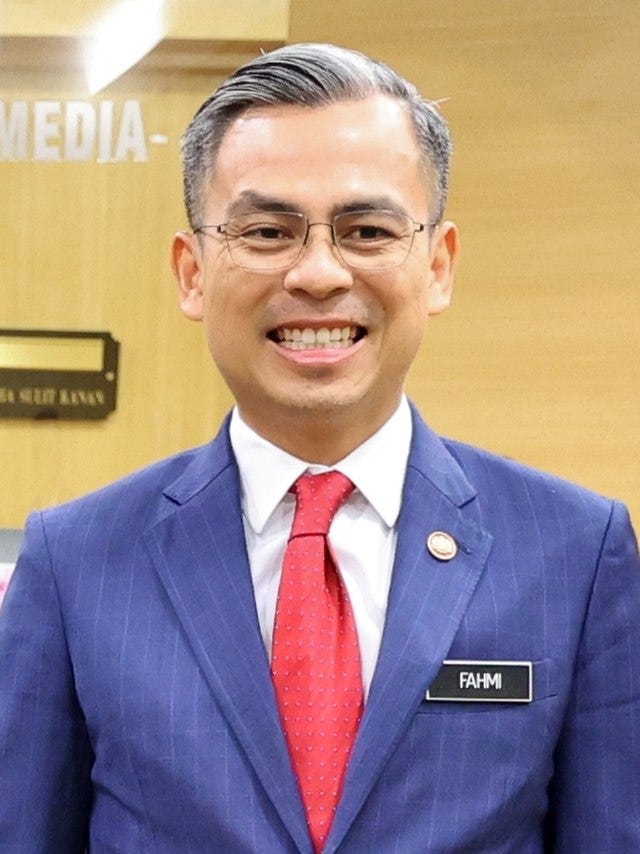News Round-Up: Austrians Want Cash Made A Constitutional Right, Twitter's Clash With the EU and Healthy Under-50s Did Not Die from Covid
Every week, the editorial team of Freedom Research compiles a round-up of news that caught our eye, or what felt like under-reported aspects of news deserving more attention.
Over the past week, the following topics attracted our attention:
Healthy people under 50 did not die from Covid.
Austrians want the right for cash payments put in their constitution, political elites refuse.
Could Twitter face closure in Europe?
Telegram's messaging app refuses to submit to censorship pressure.
Scotland's biggest city bans old cars from entering the city centre.
Israeli data reveals: ZERO healthy people under 50 died from Covid-19
According to the data released by the Israeli Ministry of Health, no person aged 18-49 without a serious co-morbidity died from Covid-19 during the coronavirus pandemic. In other words, exactly zero healthy younger people died from Covid.

"Zero is a very, very clear number, and cannot be subject to interpretation," Yoav Yehezkelli, a specialist in internal medicine and medical management, and former lecturer at the Department of Emergency and Disaster Management at Tel Aviv University, told The Epoch Times. "Why were all the extreme measures of school closures, vaccination of children, and lockdowns needed?" he asked.
The fresh data was issued by the Israeli Ministry of Health following a request from a lawyer. In addition, the data showed that the average age of vaccinated patients who died from Covid was 80.2 years, and 77.4 years for unvaccinated patients.
Austrians call for cash payments to be written into their constitution, but government refused
In October last year, Austrians collected more than half a million signatures on a petition calling for cash to be established as a right in the constitution, and for putting the issue up on a referendum. Such strong support for the preservation of an anonymous cash system shows clear opposition to the pressure from central banks and globalist associations to create a new digital currency for central banks, in which the anonymity of an individual making the transaction would disappear and the currency itself would not be controlled by the individual, but by the system administrator.
Several countries have moved rapidly towards a cashless society, in Europe only about a third of transactions are still made in cash, on the average. In Austria, however, about half of all transactions are still carried out in cash and thus the protection of cash in circulation has been a political issue there for many years, and there have been calls for its continued use to be enshrined in the constitution already in the past – in 2019, such a proposal was put forward by the leading party in the current government, the Austrian People's Party (Österreichische Volkspartei – ÖVP).

The country has a rule that petitions with more than 100 000 signatures must be debated in the Parliament, and that is now the case with the current petition. But despite hundreds of thousands of signatories, the country's political elite is not backing the idea. The only party calling for cash to be included in the constitution is the right-wing conservative Austrian Freedom Party (Freiheitliche Partei Österreichs – FPÖ). However, the ÖVP that previously supported the establishment of cash transactions in the constitution, has now abandoned the idea. Of course, there may be political reasons of the day behind this abandonment – the ÖVP is in power together with the Greens, who would oppose the inclusion of cash in the constitution, and it is possible that the ÖVP’s support would therefore cause thick blood in the coalition.
French minister threatens to shut down Twitter in the EU
France’s Digital Minister Jean-Noël Barrot has given fresh impetus to a long-running dispute between the European Union and the social media platform Twitter over content censorship. "Twitter, if it repeatedly doesn’t follow our rules, will be banned from the EU," he said.
The platform, owned by Elon Musk, a big business tycoon and a champion of free speech, has decided to withdraw from the European Union's voluntary code of fighting online disinformation – in other words, of forcing companies to take real steps in flagging and removing 'inappropriate' posts as misinformation. Other major US internet companies, such as Meta, Google and Microsoft, have still pledged to abide by the agreement.

The French minister's statement is not directly about Twitter's withdrawal from the same code, but about the reality of the near future. The European Union's Digital Services Act, which will come into force in August, will no longer be voluntary for the internet giants, but legally obligating them to take steps to combat disinformation. Modelled after a similar law in Germany, the new rules foresee hefty fines – up to 6% of a company's annual turnover – for infringements. We wrote about Germany's approach to restricting freedom of expression, including the same law on fines for internet platforms, here.
However, as far as Musk's Twitter is concerned, the company's unwillingness to keep up with regulations restricting free speech has long been a thorn in the side of European politicians, and the pressure is mounting. Commenting on Twitter's decision to withdraw from the voluntary code, Internal Market Commissioner of the European Commission, also a French politician, Thierry Breton, said the company's obligations under the new regulation would remain the same. "You can run, but you can't hide. Our teams are ready or enforcement," he said.
At the same time, Musk has said they have no choice but to comply with government censorship demands. Commenting on the criticism that has been levelled at Twitter over the platform's decision to bow to the demands of various governments, he said the company had "no actual choice". For example, before the Turkish presidential election, the company removed content from the platform and closed accounts at the behest of the government there. Twitter has complied with most of the demands from various governments on such issues under Musk. "Please point out where we had an actual choice and we will reverse it," Musk responded to the criticism.
Telegram claims to not submit itself to calls for political censorship
Telegram, the social networking and content-sharing app, is reluctant to work with the Malaysian Ministry of Communications and Digital to prevent the platform from distributing content that is not suitable for the Malaysian government. Last week, Minister Fahmi Fadzil said the social networking app had not cooperated with the government since January. The minister made the statement after receiving several complaints about content on the app.

Telegram spokesperson Remi Vaughn responded to the criticism by saying that they themselves have actively prevented the spread of dangerous content on their platform, including pornographic material or content about the sale of illegal substances. "However, Telegram will not engage in any form of political censorship," he added.
The Malaysian government's next move against Telegram will now be decided by the Malaysian Communication and Multimedia Commission.
Glasgow bans older cars from entering the city centre
More and more movement restrictions are being imposed in Europe citing climate change. On Thursday, the first Low Emission Zone (LEZ) for cars in Scotland came into force – with older petrol and diesel cars banned from entering Glasgow city centre under a threat of heavy fines. Similar zones have also been introduced in London and Birmingham, where a daily charge has been imposed on non-compliant cars. In Glasgow, however, the policy goes one step further by permanently banning older cars from entering the zone. The fine for a first offence will be £60 (€70) and doubled for repeat offences. The maximum fine is £480 (€560) for cars and £960 (€1123) for buses.
If 90 days have elapsed since the last offence, the fine starts again at £60. However, if a non-compliant car were to drive in the zone every day for a year, the total fines would reach £174,180 (€204,000). The rules that have come into force do not allow diesel cars registered before 2015 and petrol cars registered before 2006 to enter the zone. Cars will be checked by means of number plate recognition cameras. Similar zones are being planned in other major cities in Scotland, one for Dundee coming into force on 30 May 2024 and others for Aberdeen and Edinburgh a day later.
Glasgow City Council commissioned a TV advert to promote the new regime:



